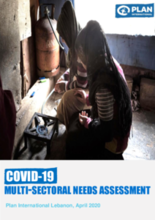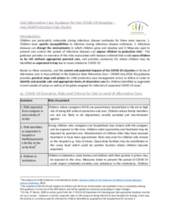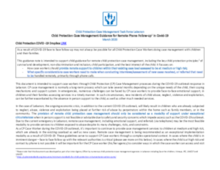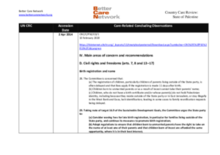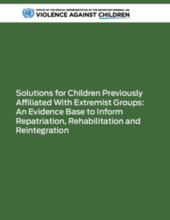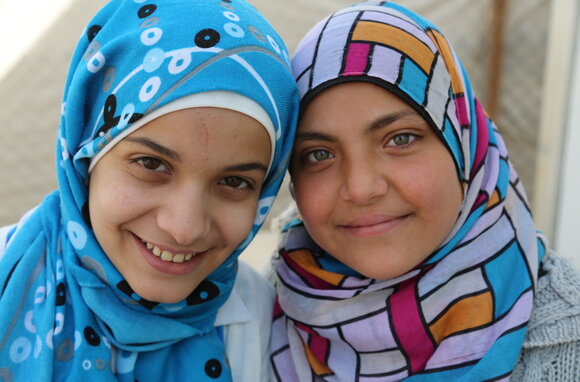

Displaying 111 - 120 of 325
This report presents insightful findings on the effects of the COVID-19 outbreak in Lebanon, highlighting data collected on COVID-19 knowledge, health, WASH, protection, education, food security and livelihoods, shelter, movement and digital access.
The current exploratory study is the first to look at the challenges and barriers in this transitional life stage of 23 Israeli Arab young adults, from their own perspectives, after leaving residential care.
This guidance provides an overview of the risks associated with COVID-19 outbreak that could cause children to be left without appropriate parental care, and provides scenarios for where children may be identified as separated in Iraq due to issues related to COVID-19.
This guidance note is intended to support child guidance for remote child protection case management, including the key child protection principles of survival and development, non-discrimination and inclusion, child participation, and the best interest of the child.
This Country Care Review includes the care-related concluding observations adopted by the Committee on the Rights of the Child as well as ratification dates.
SafeCare® is a home‐based intervention programme targeting parents of children up to 5 years old and is designed to reduce and even prevent child abuse and neglect. This article presents an evaluation of a pilot trial of SafeCare® in Israel, examining family's outcomes.
This qualitative study explored the accounts of 50 residential childcare staff in Saudi Arabia, aiming to identify ways in which staff and residential institutions may function as attachment objects for the children in their care.
This study examines the link between perceived staff social support and emotional and behavioral adjustment difficulties of adolescents in educational residential care settings (RCSs) designed for youth from underprivileged backgrounds in Israel.
This report from the UN Office of the SRSG on Violence against Children explores repatriation, rehabilitation, and reintegration of foreign, Iraqi and Syrian children who are being held in detention on suspected ISIS association or terror-related offenses, or in camps.
The provision of material assistance, which is widespread in child protection settings, has received negligible scholarly attention. This article aims to describe and conceptualize this underresearched practice and to explore the challenges workers face when implementing it. The study described here included 20 in-depth interviews conducted with social workers working in an innovative Israeli child protection program called Families on the Path to Growth.

